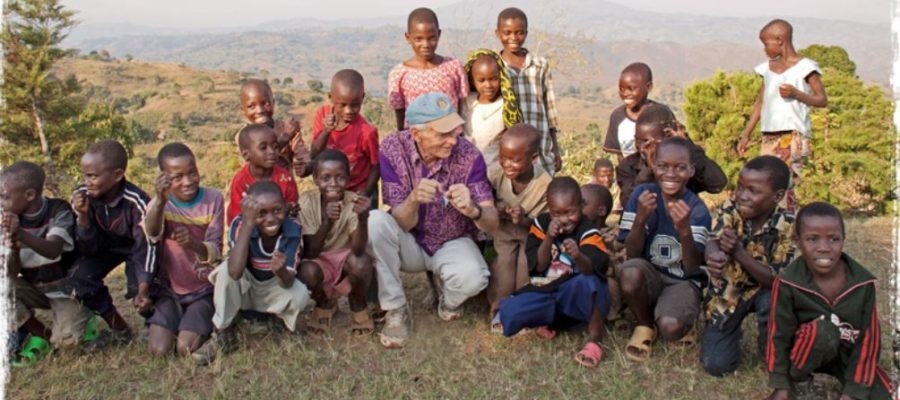BNtheMix.com – November 23, 2017 – Africa Bridge Starts New Project in Tanzania – Three Villages in Kambasegela Ward to Benefit from Unique Sustainable Development Program.
Non-profit Africa Bridge announced it has initiated work in the three villages with a population of 5600 people in the Kambasegela Ward of the Rungwe District in the rural southern highlands of Tanzania. Africa Bridge implements a unique five-year community-driven sustainable development program to assist vulnerable children and their caregivers with a goal of lifting then out of dire poverty. Results from other villages where the program has been implemented show measurable improvements in the lives of children, their caretakers, and whole villages.
The Africa Bridge program has proven successful to date in 34 villages in Tanzania, breaking the poverty cycle for thousands and bringing hope to a region that is among the poorest in the world. The area is very remote from the country’s coastal commercial center in Dar es Salaam or tourist areas near Arusha and Mt. Kilimanjaro. Africa Bridge provides very little direct aid. Instead, the organization teaches the villagers to help themselves to create African solutions to African problems.
“The people of Kambasegela are among the poorest in the world, with many families living on the equivalent of one dollar a day,” said Deborah Saunders, executive director, Africa Bridge. “The area has one of the highest rates in the world for HIV/AIDS infection with little access to health care. We have started our program in the villages there to provide assistance to the most vulnerable children and their households with a goal of breaking the cycle of poverty.”
The five-year Africa Bridge program begins with Future Search meetings involving villagers including adults and children and Africa Bridge consultants. During these meetings, village issues are discussed and solutions designed beginning with economic development. Within Kambasegela, major concerns addressed by participants included the increasing number of deaths of parents and guardians due to HIV, impacts of other diseases such as cholera, few children being able to attend school, ever-present poverty, child labor, divorces, domestic violence, illiteracy of community members particularly women, lack of food and school education materials. All of these issues affect the psychological, economic and mental well-being of children in the Ward.
Fortunately, a relatively small amount of money and know-how appropriately applied goes a long way in rural Tanzania. This is achieved by providing start-up capital for support committees and agricultural co-ops, but mostly through extensive training. Some of this is basic farming, some is beginning business and some is entrepreneurial. Africa Bridge also delivers support and training in care-taking and social services, as well as access to health care and education. The Africa Bridge program will be conducted over a five-year period. The program will lead to measurable improvements in vulnerable children’s lives, the lives of their caretakers, and whole villages. More information about the Africa Bridge program is available at http://www.africabridge.org.

